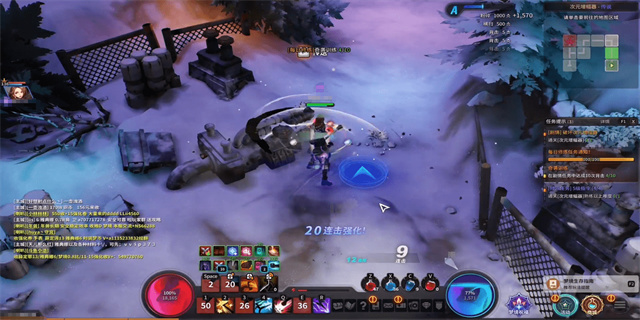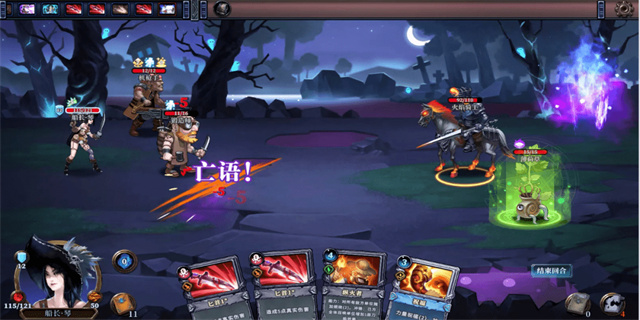Monster: Exploring the Definition
Introduction: Revealing the Essence of a Monster
A monster, in the realm of mythology, literature, and popular culture, is an entity that embodies various characteristics such as fear, awe, and unpredictability. Throughout history, the concept of a monster has evolved, taking on different forms and interpretations, captivating the human imagination. This article aims to explore the meaning of a monster in different contexts, delving into its origins, representations, and societal implications.1. The Historical Origins of Monsters
Monsters have a rich history rooted in ancient civilizations and mythologies. In early human societies, these creatures served as explanations for the unexplainable, representing the unknown and the dark side of existence. In Greek mythology, monsters like Medusa and the Minotaur personify human fears and moral dilemmas. These mythical creatures often possess extraordinary powers or grotesque physical appearances, evoking a sense of terror and fascination among the people.2. Monsters in Literature: Symbols and Meanings

3. Monsters in Popular Culture: Shaping Contemporary Perceptions
In the contemporary era, monsters continue to captivate audiences through various forms of entertainment media. From iconic movie monsters like King Kong and Godzilla to supernatural creatures like vampires and werewolves, they tap into humanity's fascination with the macabre. Through these fictional creatures, society often explores its own fears and anxieties. Moreover, monsters in popular culture are often reimagined and reinvented, adapting to the changing tastes and sensibilities of the audience.Conclusion: Monsters in the Eye of the Beholder


版权声明:本文内容由互联网用户自发贡献,该文观点仅代表作者本人。本站仅提供信息存储空间服务,不拥有所有权,不承担相关法律责任。如有侵权请联系网站管理员删除,联系邮箱3237157959@qq.com。

















